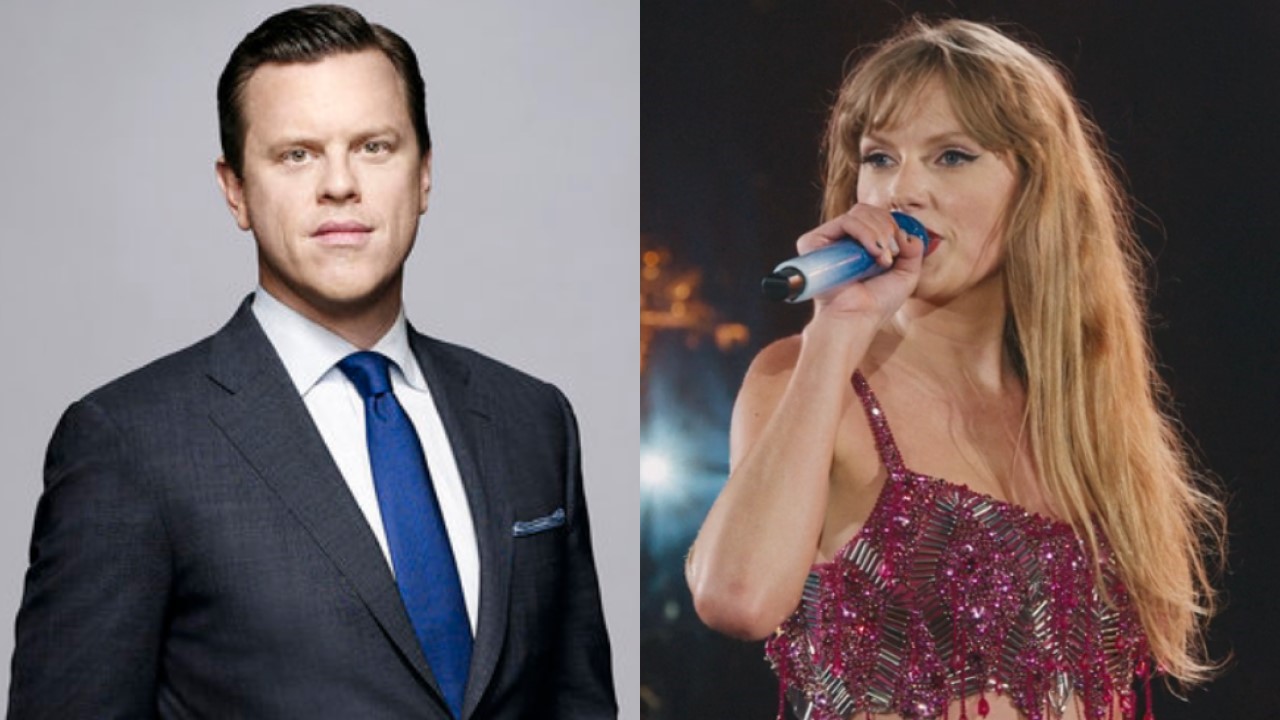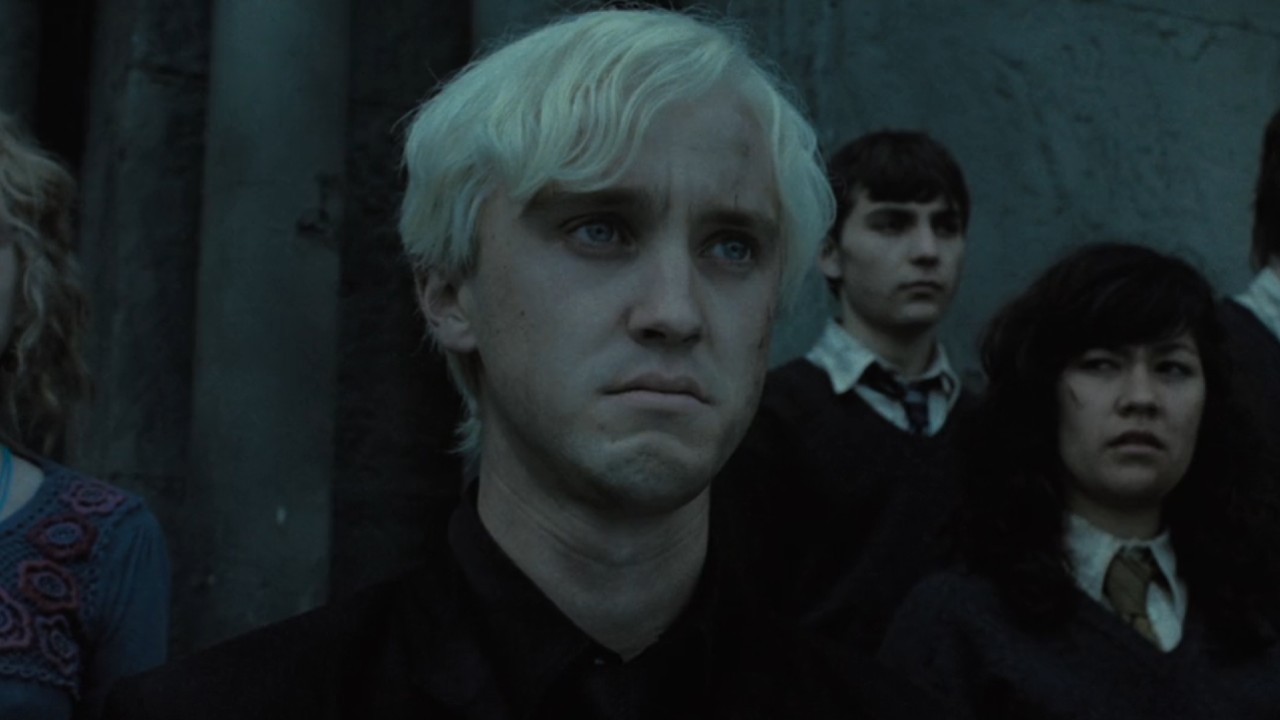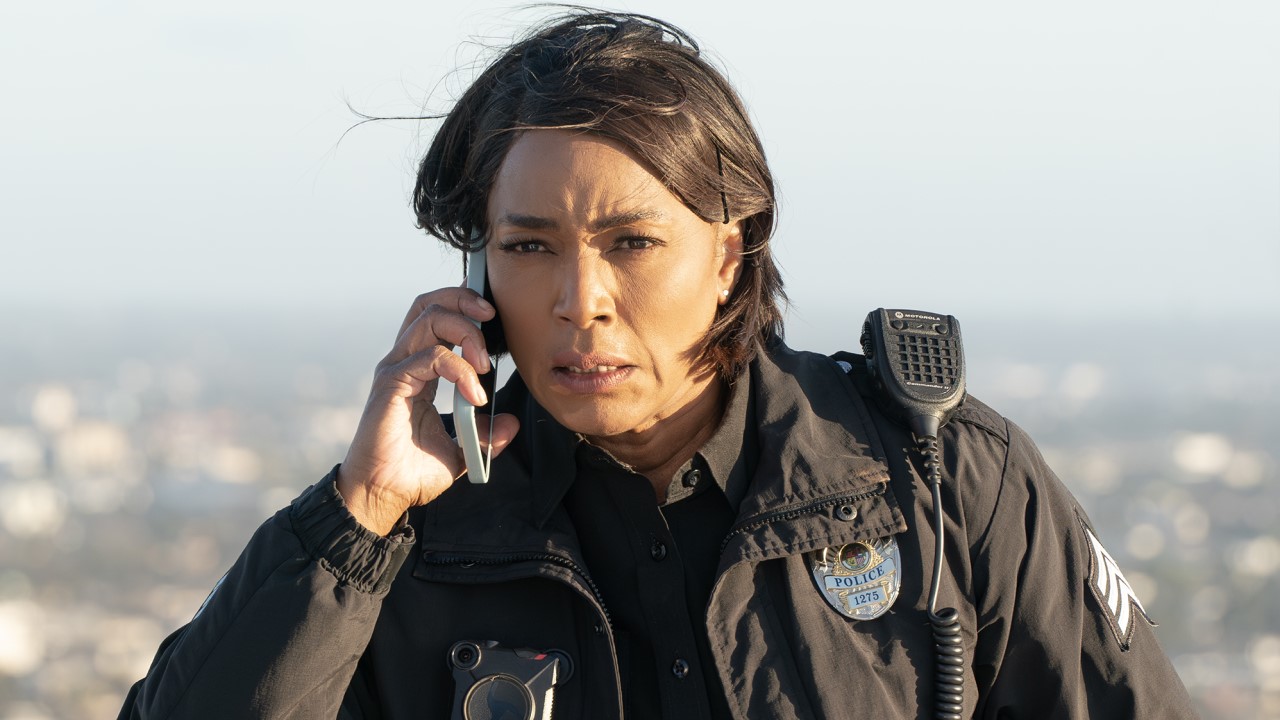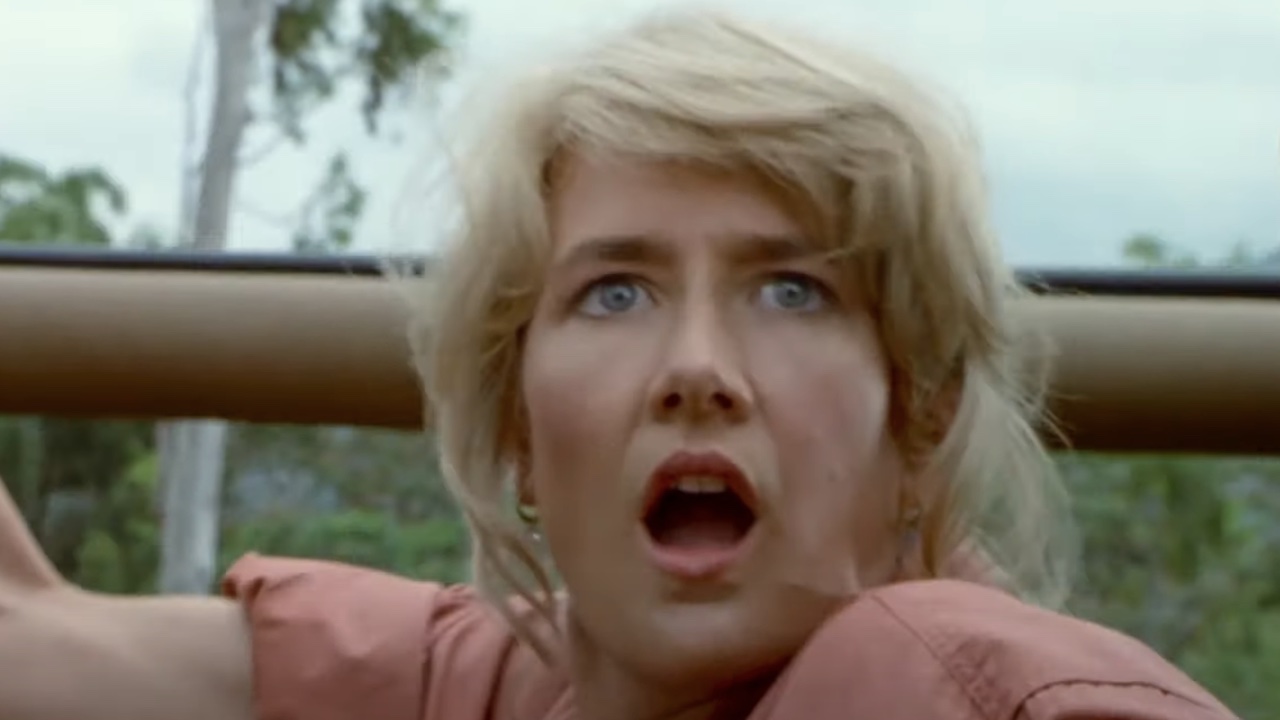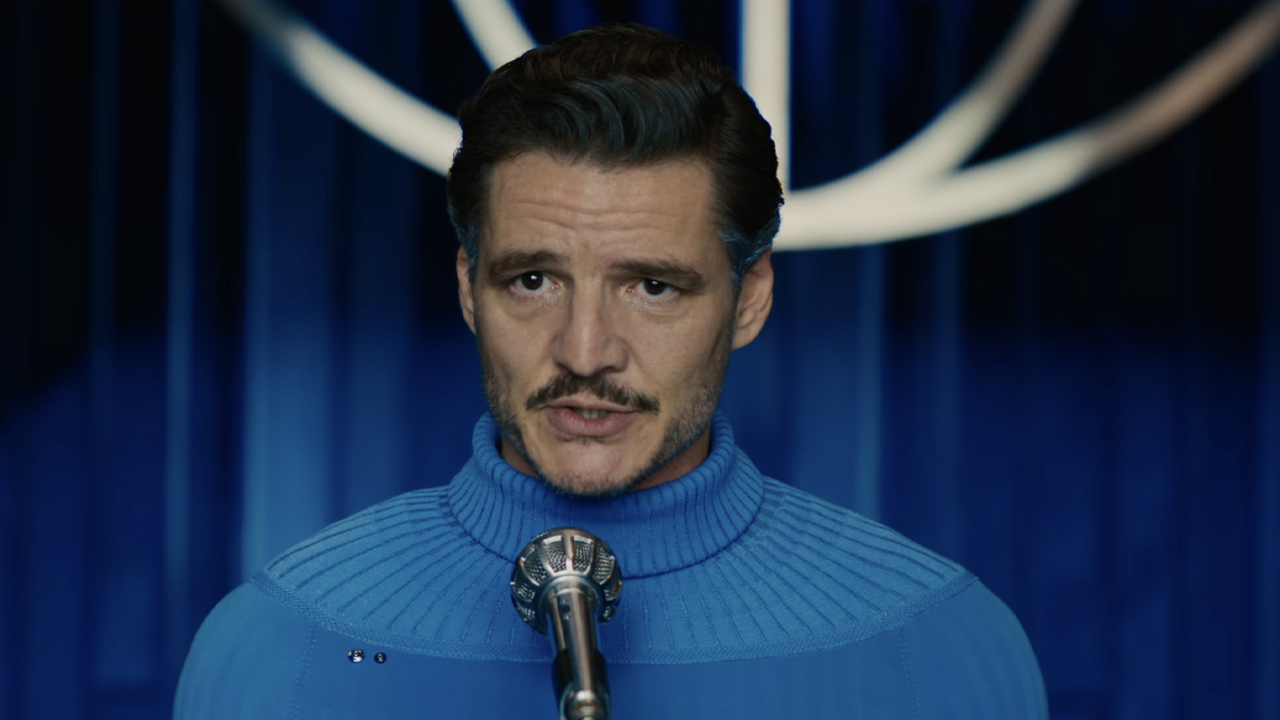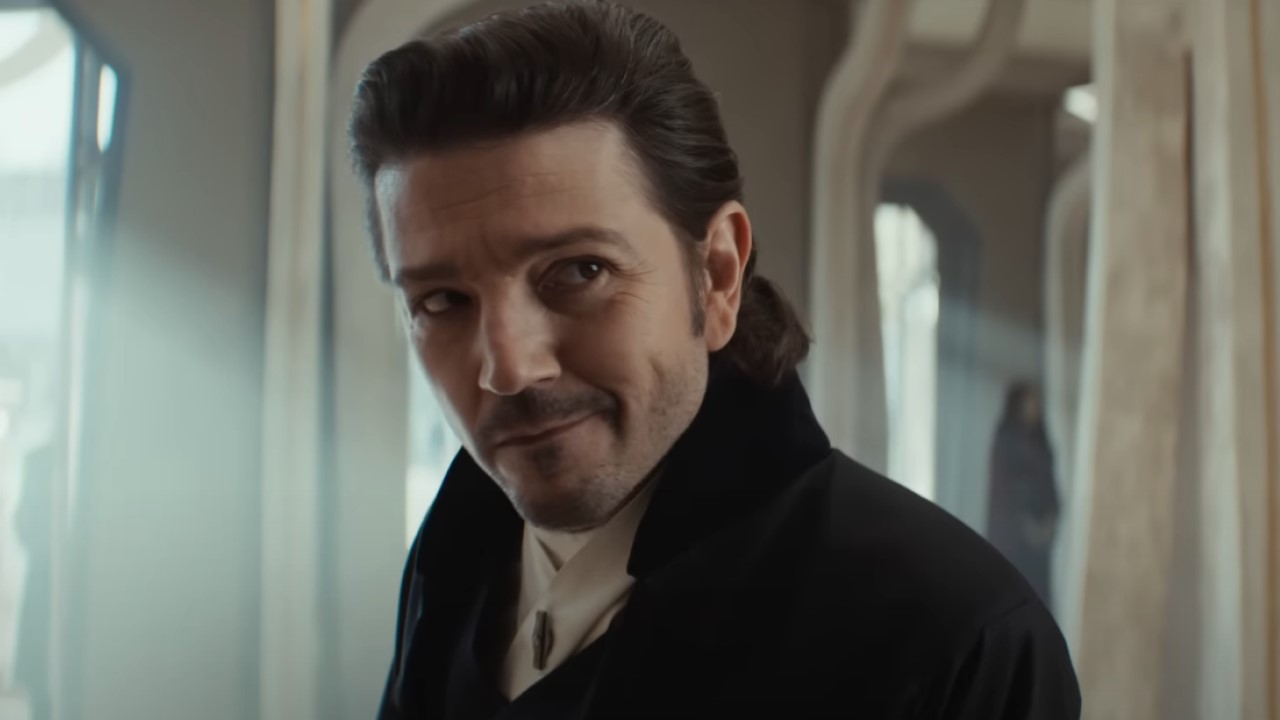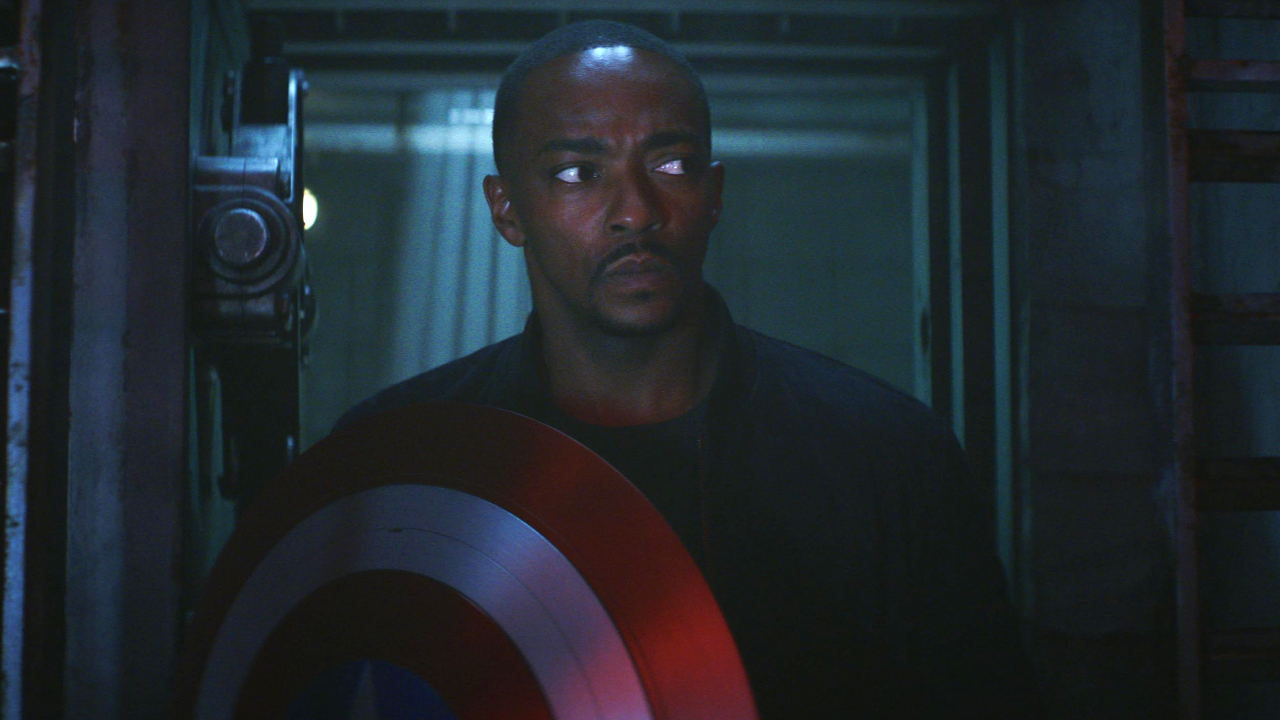Why Video Game Movies Still Haven't Figured It Out Yet
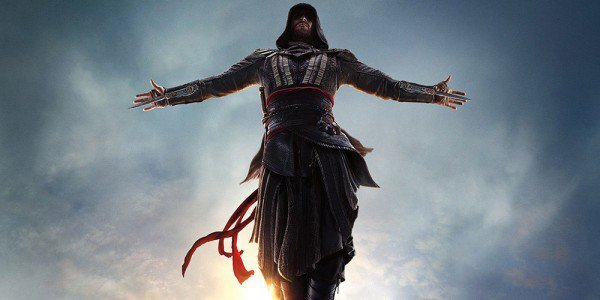
2016 was supposed to be the year that video game movies became viable sources for film adaptation. With the release of Assassin's Creed, it's official, that didn't happen. Neither it, nor this past summer's Warcraft, were able to stem the flow of bad movies based on video games. These movies had great directors, solid casts, and plenty of money. So what is still going wrong?
I love movies, and I love video games. Nothing would make me happier than to see a quality film adaptation of a game I enjoy. However, in order for that to happen, it seems there are still some lessons that Hollywood needs to learn about video games. There are apparently things they just haven't figured out about how to make video games work on the screen. Starting with...
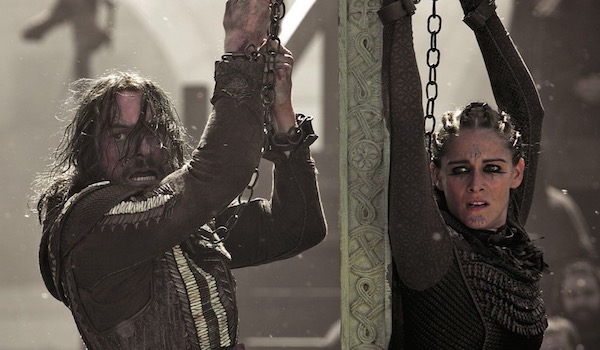
Video Games Don't Follow A Three Act Structure
Modern filmmaking found its stride with the three act structure, setup, conflict, resolution. It's simple, it makes sense, and video games don't know anything about it. While there are certainly some exceptions, video games just don't fit neatly into these categories. At the very least, they have an act two that can last for 20 hours or more. These days, the word "linear" is basically a slur against games. Yet, nearly all movies are linear. For this reason, you can't simply adapt a game's story as written into a film and call it done. Filmmakers are afraid to make drastic changes to a game's ideas because they don't want to upset fans or change what makes the game intrinsically interesting, but the fact is they need to.
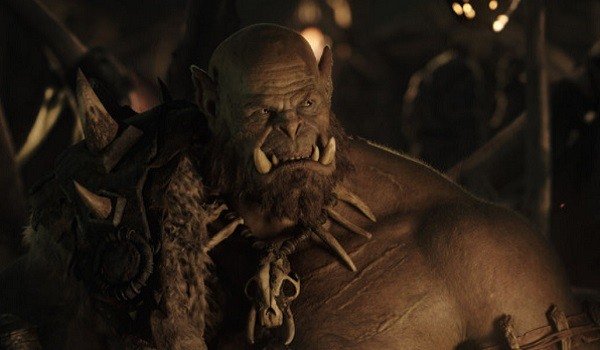
Video Game Stories Are A Tool, Not A Goal
While there are certainly video games out there with solid stories, most are paper thin and even the good ones exist only to serve another purpose. The purpose of a movie is to tell a story. The purpose of a video game is to provide gameplay. Everything that a game does serves that goal. The result of this is that many video game movies become tools to serve action scenes, the closest thing to gameplay a movie has. The movie tries to recreate the gameplay experience when it should be trying to create its own experience. The movie needs to make the action serve the story.
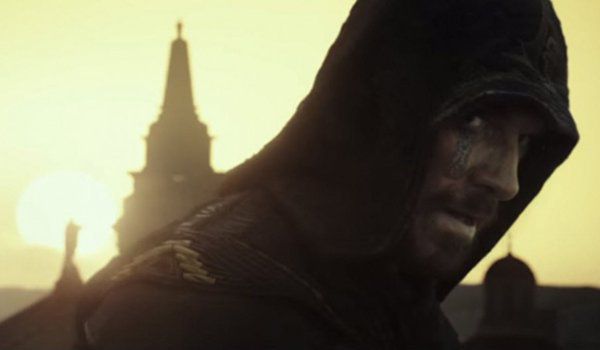
Video Game Heroes Are Boring, On Purpose
Video games want the player to identify with the character they are controlling in order to help increase the player's immersion. This is done, more often than not, by creating the most generic, nondescript character they possibly can imagine. By giving the character no personality whatsoever, the player can impose whatever they want onto that character and feel like it could be them. Too often those same generic characters are making to the screen and somehow they're still generic. No personality has been created for them. We're used to our movie heroes being fully developed. A backstory is not the same as character development.
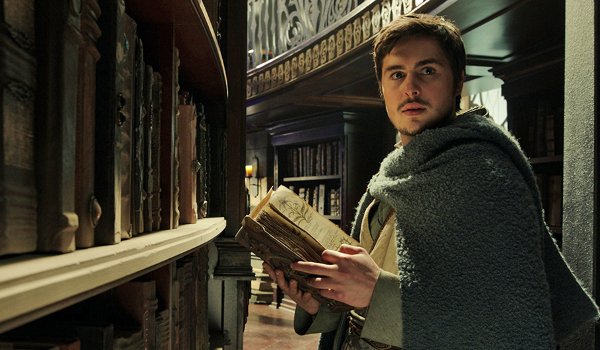
The Beginning Is A Terrible Place To Start
Making a good movie sequel is as difficult as making the original movie good. Video game sequels almost always go over better than their first installment. Why is this? Because with a movie sequel you're always starting over from zero. However, with a video game, a lot of things, like game engines and art assets have already been created so there's work you don't need to do. These things are simply fine tuned and polished, rather than built from the ground up. The same thing goes for the story. More time is often spent on a game's story later on because there's simply more time to devote to it. If you try to adapt a game's original story for a film, you're often dealing with something that's pretty sketchy to begin with.
CINEMABLEND NEWSLETTER
Your Daily Blend of Entertainment News
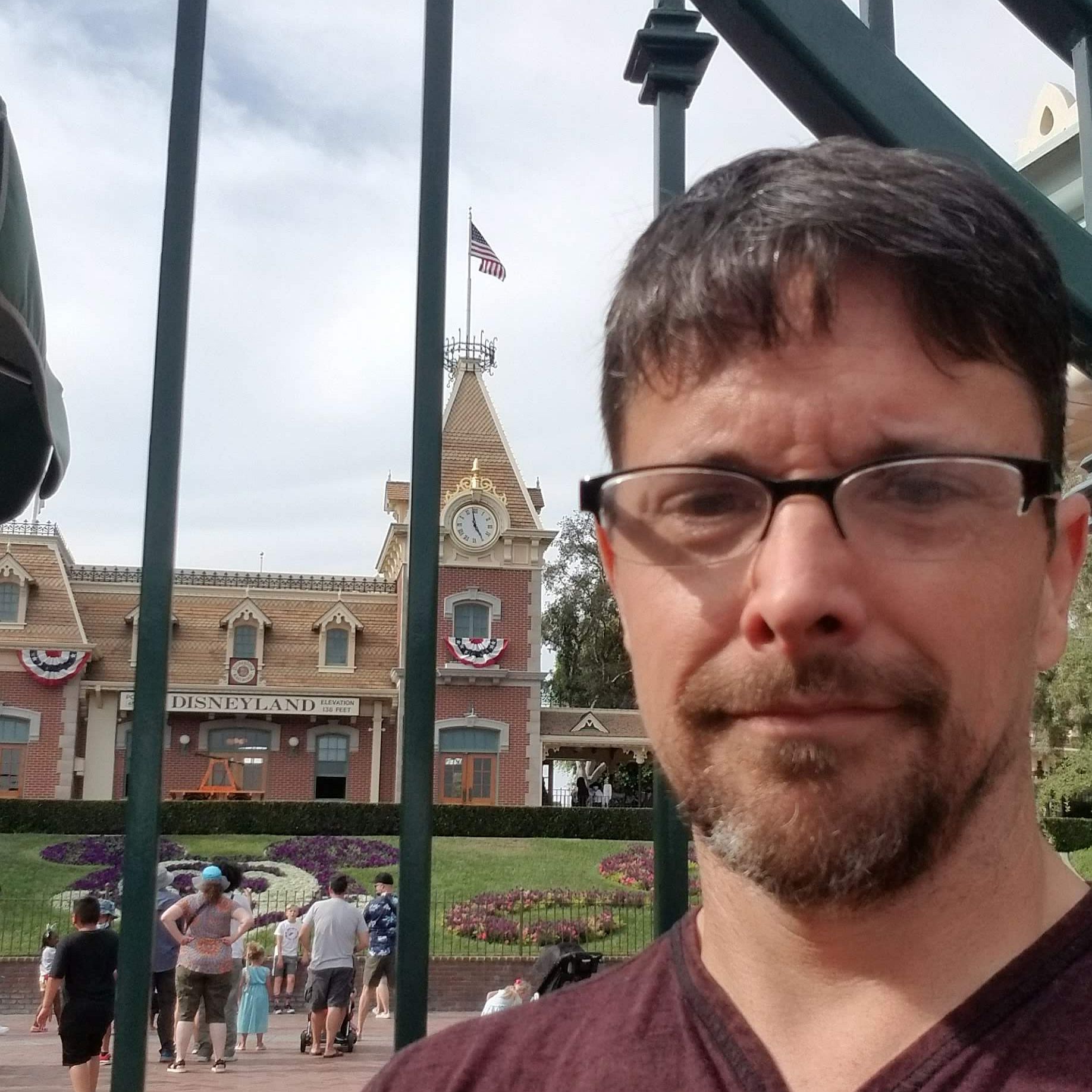
CinemaBlend’s resident theme park junkie and amateur Disney historian, Dirk began writing for CinemaBlend as a freelancer in 2015 before joining the site full-time in 2018. He has previously held positions as a Staff Writer and Games Editor, but has more recently transformed his true passion into his job as the head of the site's Theme Park section. He has previously done freelance work for various gaming and technology sites. Prior to starting his second career as a writer he worked for 12 years in sales for various companies within the consumer electronics industry. He has a degree in political science from the University of California, Davis. Is an armchair Imagineer, Epcot Stan, Future Club 33 Member.
